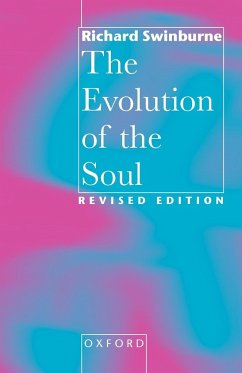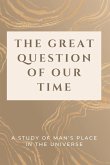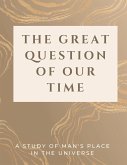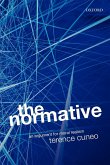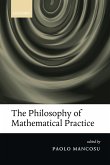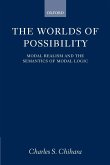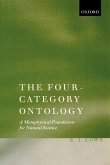Human beings have evolved from animals, and animals from inanimate matter; but what has evolved is qualitatively different from the inanimate matter from which it began. Both humans and the higher animals have a mental life of sensation, thought, purpose, desire, and belief. Although these mental states in part cause, and are caused by, brain states, they are distinct from them. Richard Swinburne argues that we can only make sense of this interaction by supposing that mental states are states of a soul, a mental substance in interaction with the body. Although both have a rich mental life, human souls, unlike animal souls, are capable of logical thought, have moral beliefs, have free will, and have an internal structure (so that their beliefs and desires are formed largely by other beliefs and desires inhering in the soul). Professor Swinburne concludes that there is no full scientific explanation available for the evolution of the soul, and almost certainly there never will be.
Hinweis: Dieser Artikel kann nur an eine deutsche Lieferadresse ausgeliefert werden.
Hinweis: Dieser Artikel kann nur an eine deutsche Lieferadresse ausgeliefert werden.

